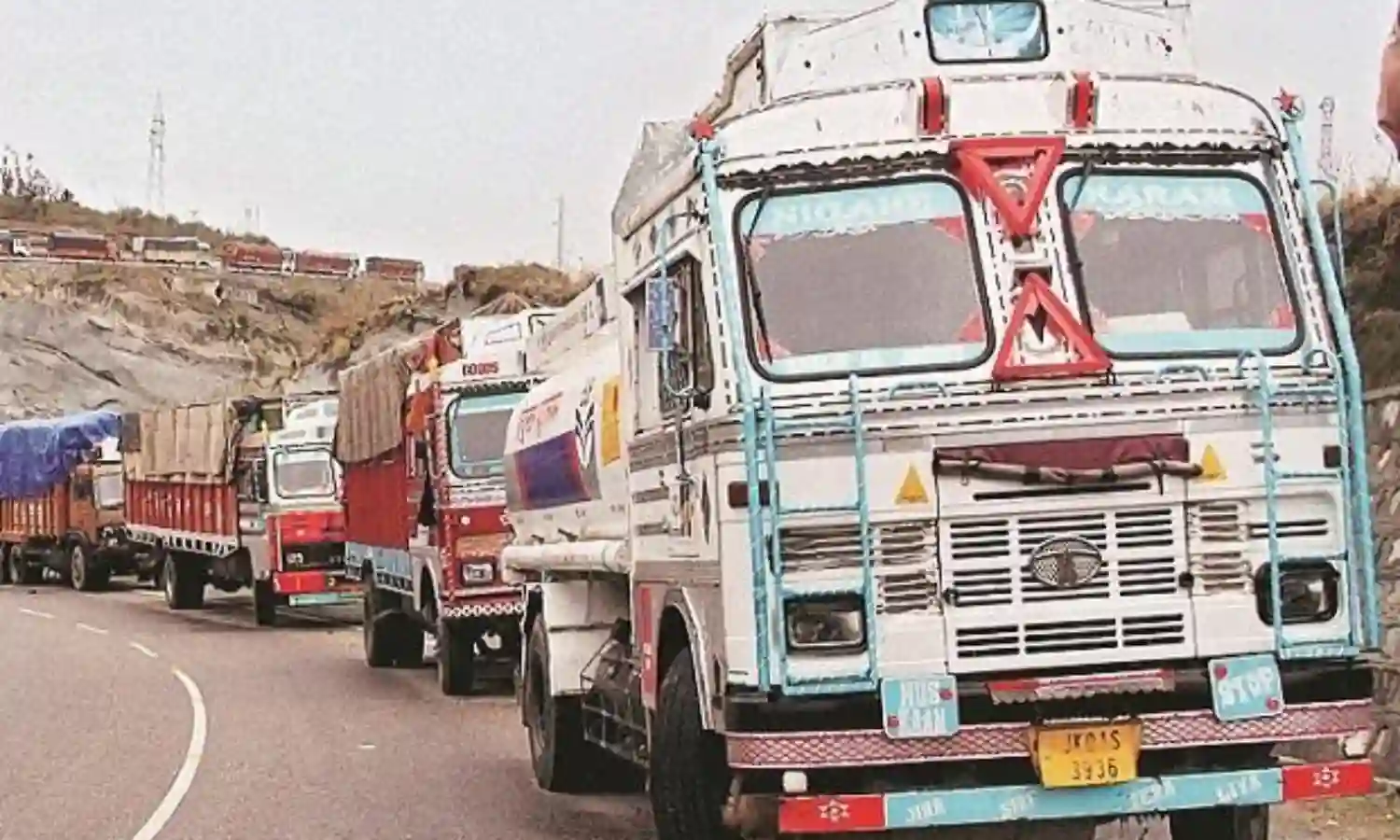'The Government Should Let Us Go Home': Transporters Stranded Countrywide
Perhaps half a million people stranded on highways and borders

“We don’t have a voice. We have contractors,” Kamal Khan, a trailer driver tells me over the phone, his voice full of resignation and fear. He has been stranded at a loading location near Jamshedpur since Tuesday, in unhygienic conditions, without ration or safe drinking water
He is one among some 500,000 drivers and helpers— as estimated in a report in the Business Standard— still awaiting help after the central government imposed a strict COVID-19 lockdown countrywide.
“I’m still lucky to have made it to the city nearest my hometown,” says Khan, a 48 year old resident of Jharkhand, “Some of my colleagues are still trapped on highways and in far-off states like Andhra Pradesh.”
Jigna, who runs a transport company which operates near the Nhava Sheva Port in Mumbai, poses a question before the prime minister and home minister: “How should we, the transporters, help our drivers who work for us day and night?” she asks in a video widely circulated on WhatsApp. “They can’t leave for home, nor can they stay inside their vehicles. We are putting their lives at risk.”
She also points out that the lockdown poses a great dilemma for transporters like her, who can’t do business because of the closure of entry points, but are suffering financial losses nevertheless as most of the container freight stations remain operational.
“We don’t complain much,” Saquib Ali, a driver from Gaya, Bihar, tells me. “There are around 40-50 other drivers with me. We get two meals a day for ?100 and drink our morning tea at a local dhaba which still serves food. The only thing that keeps us worried is our families’ well being.”
He deeply fears the financial consequences of the lockdown. “To put it one way, our situation is somewhat similar to a daily wage labourers. I have a few thousands here, in my pocket, and my bank account has a similar sum. When this money runs out, we are at God’s mercy.”
This was also the reason he didn’t leave for home the previous week, when other drivers— between 250,000 and 300,000 of them, according to the same report— left pell mell as soon as they could.
The ones most in trouble are trapped on highways and at state borders. For the moment at least, loading locations— like the one in Jamshedpur— provide food and handwash facilities, but the ‘line’ dhabas have all closed their businesses, so these drivers have to go without food and sometimes even water.
With the closure of automobile shops, getting a vehicle repaired is no longer possible, and the hapless drivers transporting high-priced goods fear all kinds of trouble that could befall them.
“The government should let us go home,” says Waseem, a 20 year old truck conductor from Jharkhand, “because this way, we will starve even before corona kills us.”
The families of stranded drivers and helpers hope for state-interference to help their speedy and safe return home.



